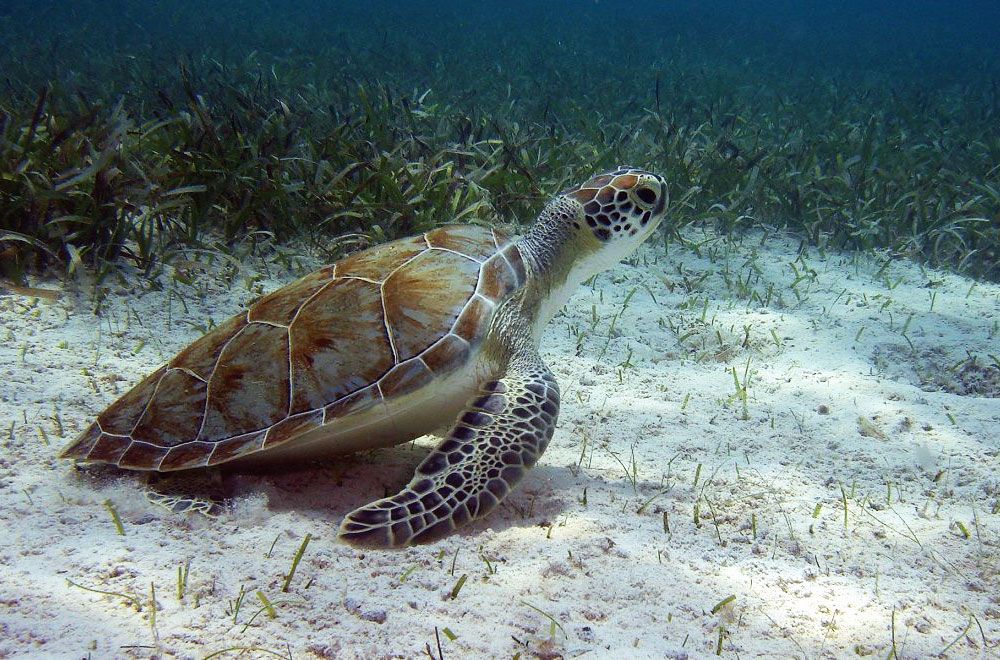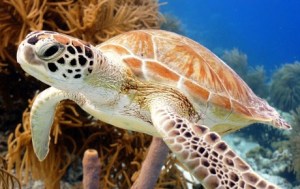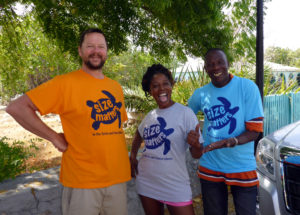Sustainable sea turtle fishery management

Has changing turtle fishery management regulations in the Turks and Caicos Islands made a difference for the turtles?
The problem

Sea turtles are under threat across our oceans. They become tangled in fishing nets and drown, their eggs are harvested for food and they can die as a consequence of eating plastic bags that they mistake for jelly fish. In the Caribbean we’ve been working with the Marine Conservation Society (MCS) for several years, helping them ensure that small-scale fishing of local populations of sea turtles is done sustainably. With PTES funding, MCS collected valuable data that they presented to the local government as evidence of how to manage local fisheries sustainably. Happily, in 2014, in light of this evidence, the Turks and Caicos Islands (TCI) Government changed its fishery legislation to improve management of its traditional turtle fishery.
Now it’s time to revisit those fishermen who worked with the team to check whether they are following the guidance and complying with the regulations.
The solution

The team will work on the Turks and Caicos Islands with local communities to check that the fishermen are sticking to the rules. These include having an eight month closed season for hawksbill turtles when they are most likely to nest and only catching turtles that fall within a set size limit. This will mean that the population won’t suffer from taking too many animals of a particular size. The team will also monitor the turtles’ nests to check that sufficient animals are coming to the beaches and laying their eggs to maintain their numbers. We were delighted that the Turks and Caicos Government responded to our call to change the law in order to protect our sea turtles. Now we need to make sure that the local fishermen are managing their catches within the law in the hope that the future of local sea turtle populations is secure.
